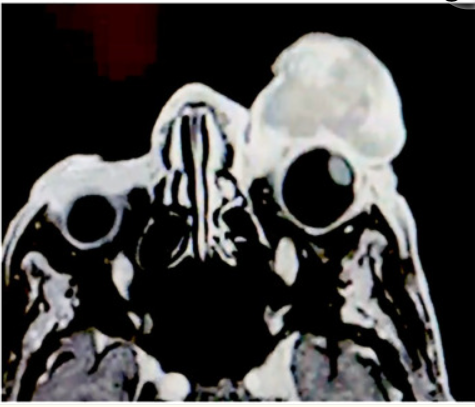
Researchers have identified several novel gene variants related to the formation of glaucoma, and these variants are more common in people of African ancestry. Their findings were published this week in the journal Cell.
Glaucoma is the leading cause of irreversible blindness across the globe, affecting approximately 44 million people worldwide. While it is known that individuals of African ancestry are most frequently and severely affected by this hereditary disease, the genetic underpinnings of the racial disparity are understudied, and effective therapies are lacking.
“Individuals with African ancestry are 5 times more likely to be affected by glaucoma and up to 15 times more likely to experience vision loss or blindness from the disease compared [with] individuals with European ancestry,” said corresponding author Joan O’Brien, MD, director of the Penn Medicine Center for Genetics of Complex Disease, via a press release. “Our current treatments for this blinding disease are inadequate, and precision medicine could be applied if we more clearly understood the full pathophysiology of this inherited neurodegeneration.”
Researchers sought to discern inherited genetic variants that contribute to primary open-angle glaucoma (POAG), the most common form of the disease. POAG occurs when normal drainage of eye fluid becomes blocked, leading to a buildup of pressure within the eye, the researchers noted.
To conduct this analysis, investigators worked with glaucoma specialists of African ancestry and other Black community leaders living in the Philadelphia area. They organized free glaucoma screenings in Black churches and senior centers and worked with WURD Radio, a Black-owned radio station. Ultimately, the researchers obtained data and genetic samples from 11,275 people (6003 individuals with glaucoma and 5272 controls).
Following analysis, investigators identified 2 novel gene variants linked to the formation of glaucoma. These variants include rs1666698, which is linked to the gene DBF4P2, and rs34957764, which is linked to the gene ROCK1P1. They also identified a third variant, rs11824032, which is linked to ARHGEF12. The third variant was previously correlated with cup-to-disc ratio, a measure of glaucoma severity.
The findings, when compared with previous studies comprising individuals of European descent, showed that these variants are more common in Black people. “This work highlights the essential role of diversity in genetic research,” said Shefali Verma, PhD, an assistant professor in pathology and laboratory medicine at UPenn. “Without our focus on this specific ancestry group, these unique and critical insights might have remained lost, and we would not have been able to substantially enhance our understanding of the genetics behind POAG in this over-affected population.”
“We are now working with community leaders to lead us in determining which other diseases over affect this understudied population and are of greatest importance for further screening and research,” said Dr. O’Brien. “We are also sharing our genetic database with other researchers across departments and schools that are studying diseases that over affect African ancestry populations. These collaborations are resulting in much more research on the health of a population that has been historically understudied.”







 © 2025 Mashup Media, LLC, a Formedics Property. All Rights Reserved.
© 2025 Mashup Media, LLC, a Formedics Property. All Rights Reserved.